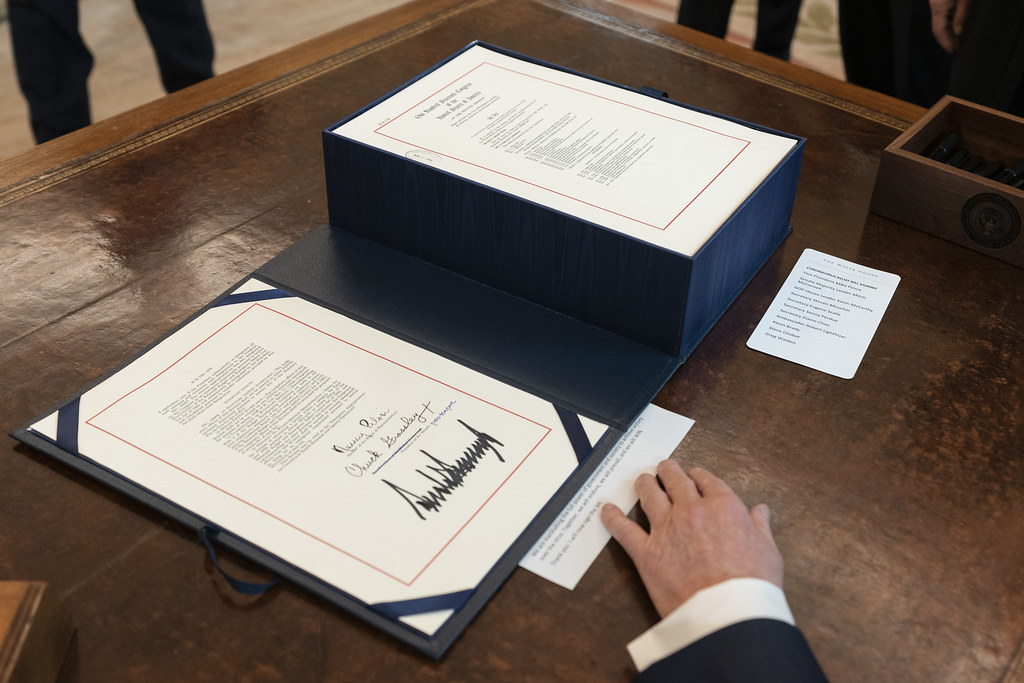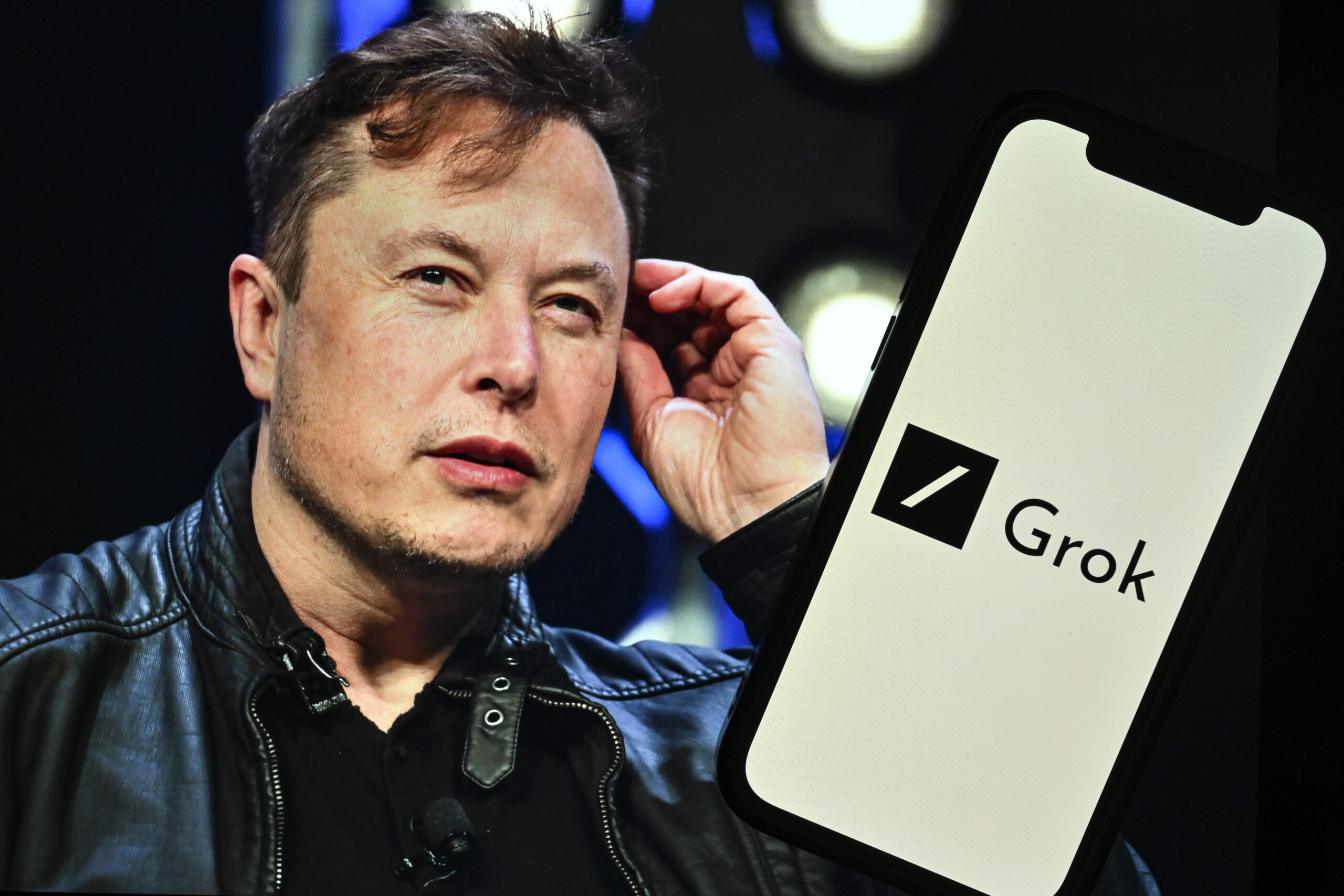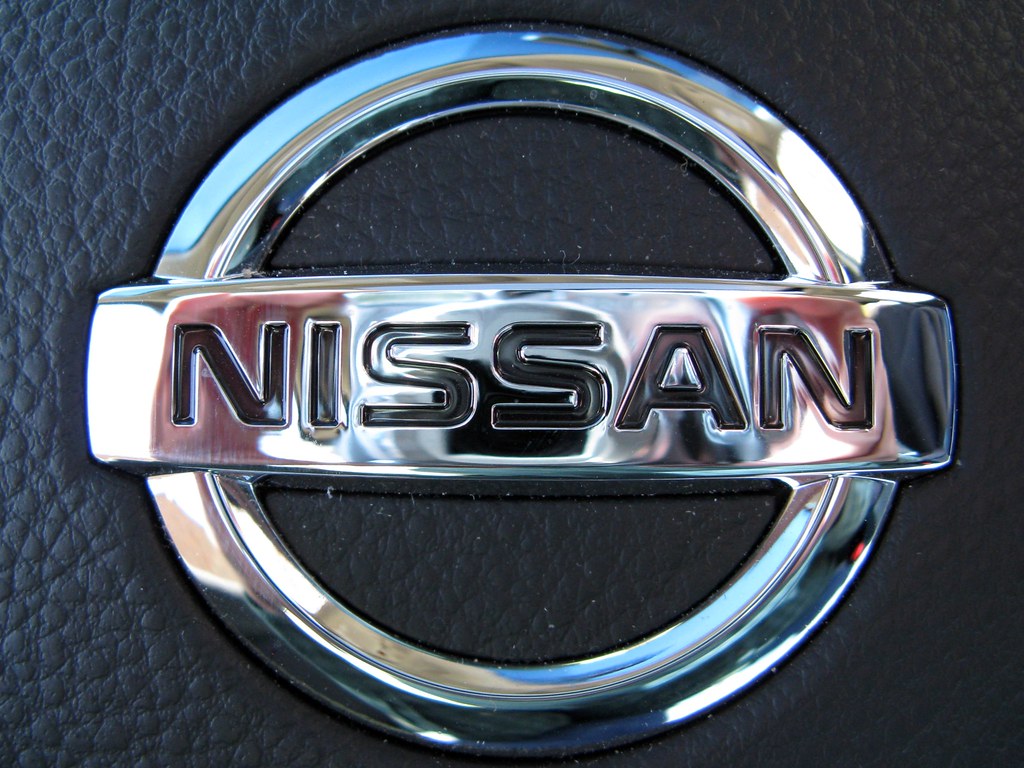Google has proposed alternative remedies to address its antitrust violations, responding to the U.S. Department of Justice’s (DOJ) push for drastic measures like selling Chrome and restricting its practices favoring its search engine.
The tech giant’s suggestions, filed late Friday, focus on restructuring its contracts with browser makers, Android device manufacturers, and wireless carriers, rather than breaking apart its business.
The DOJ previously argued that Google’s practices have entrenched its monopoly in the search engine market, violating Section 2 of the Sherman Act. In August, U.S. District Judge Amit Mehta ruled against Google, stating it has acted as a monopolist. The DOJ suggested divesting Chrome, Android, or Google Play to promote competition. Google’s proposal counters this by targeting specific contract arrangements and payment structures.
Google’s Vice President of Regulatory Affairs, Lee-Anne Mulholland, explained the approach in a blog post. For three years, the company would refrain from linking licenses for Chrome, Search, and Google Play with the placement or preinstallation of other apps like Chrome or Google Assistant. The proposal also suggests allowing browsers, such as those by Apple and Mozilla, to negotiate multiple default agreements across platforms, with mandatory annual renegotiation rights. Additionally, Android device makers would gain flexibility to preload multiple search engines or individual Google apps without bundling.
While Google’s plan still permits payments for default search placements, it emphasizes that deals can span different platforms and browsing modes, ensuring periodic adjustments to the terms. Mulholland described the DOJ’s suggestions as “overboard” and accused them of exceeding the scope of the court’s decision, which centered on search distribution agreements.
Google maintains its disagreement with Judge Mehta’s ruling and plans to appeal the decision. A revised proposal is set to be submitted on March 7, ahead of a trial scheduled for April 2025, where the court will review Google’s proposed remedies.










